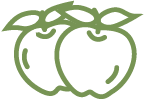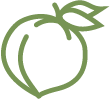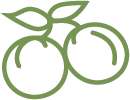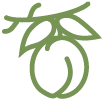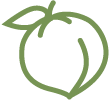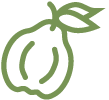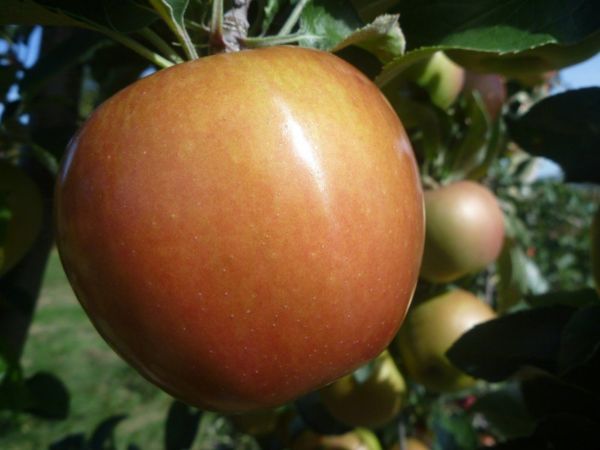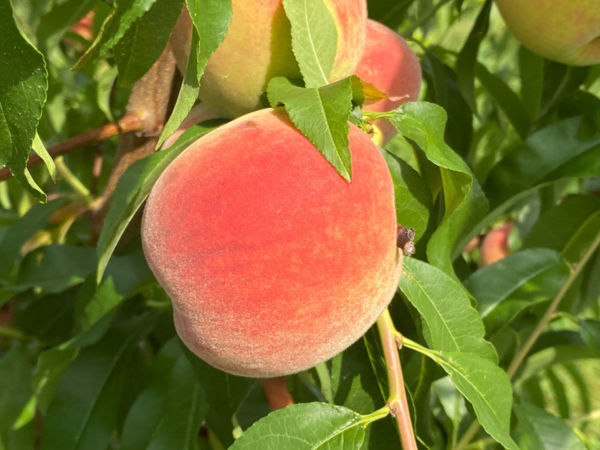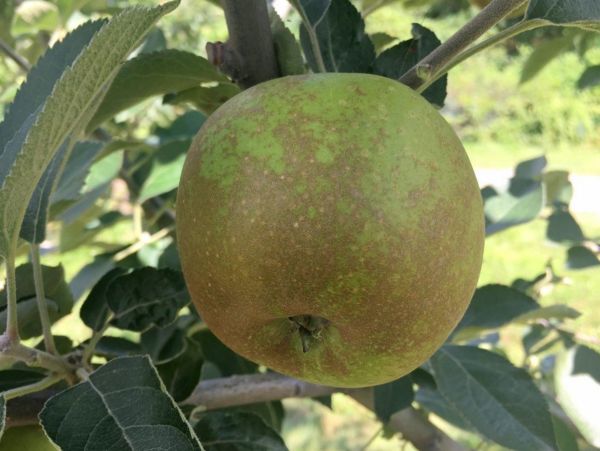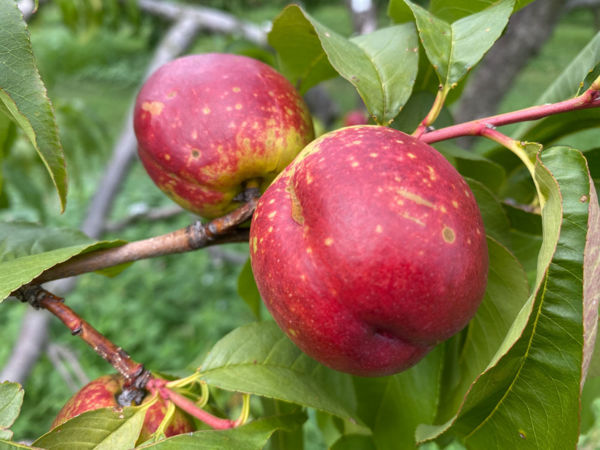An attractive, highly disease-resistant apple, ideal for organic growers.
Spigold Apple Scionwood (Spring 2024)
A large, sprightly dessert and baking apple developed in New York.
The main difficulty with this tree is its strongly upright habit. For best results young limbs will be spread. Spigold is a large and vigorous triploid, and it will need two diploid pollenizers for full fertility. It tends to biennialism, and fruit should be well thinned to maintain annual bearing.
This a large, firm apple. In The Illustrated History of Apples, Bussey notes that a bushel of Spigold will weigh about ten pounds more than an average bushel of apples (55 pounds to the average 44 pounds). A cross of Golden Delicious and Red Spy, this fruit is ribbed and flushed orange-red over gold. It has all the crisp, juicy sweetness you would expect from a Golden Delicious progeny, but the flavor also has the sprightly zest of a Spy. In a good season, when the fruit has received enough sunlight to develop full flavor, Spigold will be aromatic with notes of citrus and spiced honey. The apples will hold to the tree after ripening and store well for about two months. Well regarded as a baking apple, Spigold keeps its form in a pie.
Spigold was developed by Dr. John Einset and Leo Klein at the breeding station in Geneva, NY. The cross was selected in 1944 and introduced in 1962.
Volume Pricing
| Quantity | Spigold Apple Scion |
|---|---|
| 1 | $12.00 |
| 2-5 | $7.00 |
| 6-10 | $6.00 |
| 11-99 | $5.00 |
| 100+ | $4.00 |
The Fruit
Fruit Type
Category: Apple
Subcategory:
Cold-Hardy
Fruit Uses & Storage
Uses: fresh eating, baking, storage
Storage duration: (approximate, depending on storage conditions)
Fruit Appearance
Skin color: red
Flesh color: cream
Fruit Origins
Parentage: Golden Delicious x Red Spy
Origin: Geneva, New York
Introduced in: 1962
Introduced by: Dr. John Einset and Leo Klein; NYSAES
The Environment
Calendar & Geography
USDA zones: 4 - 7
Chill hours: 600
Ripening date: Oct 13 (approximate, in New York State) + 28 days after McIntosh
Diseases & Pests
glossary
Apple Scab: Susceptible
Fireblight: Susceptible
Pollination
Pollination Factors
glossary
Bloom group: 4
Is it self-fertile? N
Is it fertile? N
Ploidy: Triploid
Pollination Partners
This table shows the first few results from a full search for pollenizers of Spigold Apple. Please see our Pollenizer Search to run other queries and read how the application uses various factors. Also read more about fruit tree pollination.
| Tree | Currently in Stock |
|---|---|
| Florina Apple | 0 |
| Porter's Perfection Apple | 0 |
| Spitzenburg Esopus Apple | 0 |
| Binet Rouge Apple | 0 |
| Rubinette Apple | 0 |
| Virginia Crab Apple | 0 |
| Bramtot Apple | 0 |
| Mother Apple | 0 |
| Muscadet De Dieppe Apple | 0 |
| Kingston Black Apple | 0 |
| Melrose Apple | 0 |
See all pollination matches for Spigold Apple
Featured Products
A few things we're loving right now...
A full-flavored, freestone white peach.
One of America's oldest apples, good for storage, baking, and cider.
A widely-grown, large, yellow-fleshed nectarine.

